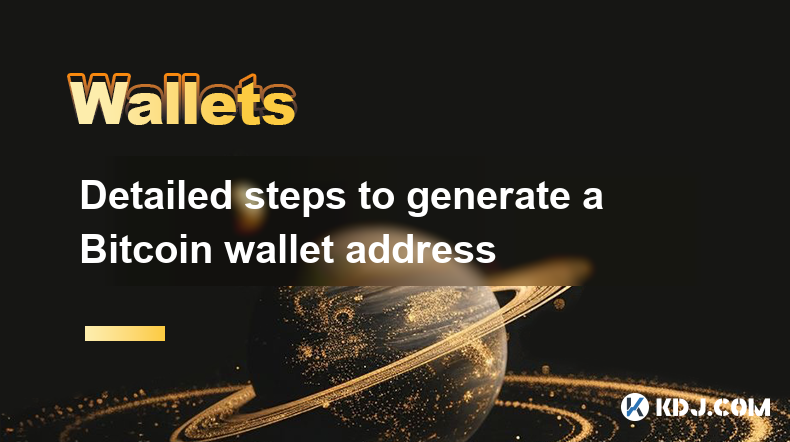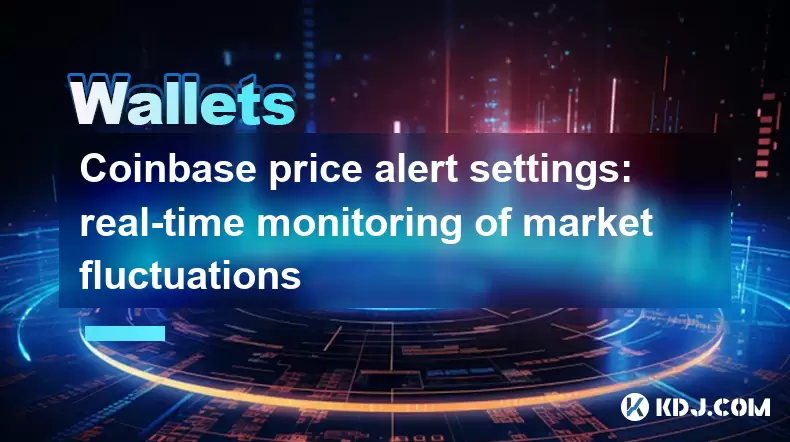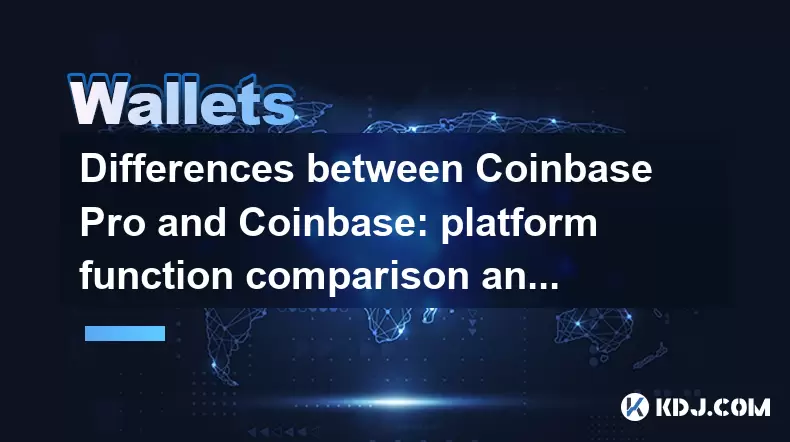-
 Bitcoin
Bitcoin $107,341.7259
0.15% -
 Ethereum
Ethereum $2,438.6204
0.70% -
 Tether USDt
Tether USDt $1.0003
-0.02% -
 XRP
XRP $2.1866
1.94% -
 BNB
BNB $649.0952
0.36% -
 Solana
Solana $150.9602
5.63% -
 USDC
USDC $0.9999
0.00% -
 TRON
TRON $0.2742
0.40% -
 Dogecoin
Dogecoin $0.1645
1.93% -
 Cardano
Cardano $0.5669
1.18% -
 Hyperliquid
Hyperliquid $37.8286
4.19% -
 Bitcoin Cash
Bitcoin Cash $491.4669
-2.74% -
 Sui
Sui $2.8150
3.06% -
 Chainlink
Chainlink $13.4184
2.91% -
 UNUS SED LEO
UNUS SED LEO $9.0809
0.27% -
 Avalanche
Avalanche $18.0295
2.60% -
 Stellar
Stellar $0.2396
1.19% -
 Toncoin
Toncoin $2.8587
0.13% -
 Shiba Inu
Shiba Inu $0.0...01160
2.59% -
 Litecoin
Litecoin $86.4192
1.45% -
 Hedera
Hedera $0.1486
1.19% -
 Monero
Monero $308.4324
0.87% -
 Polkadot
Polkadot $3.4202
1.43% -
 Bitget Token
Bitget Token $4.6436
-0.34% -
 Dai
Dai $0.9998
-0.02% -
 Ethena USDe
Ethena USDe $1.0002
0.00% -
 Uniswap
Uniswap $7.1527
3.29% -
 Pi
Pi $0.5357
-8.45% -
 Pepe
Pepe $0.0...09588
4.61% -
 Aave
Aave $259.9759
0.81%
Detailed steps to generate a Bitcoin wallet address
A Bitcoin wallet address is your public key for receiving Bitcoin, while your private key, crucial for spending, must be kept secret and backed up securely.
Apr 02, 2025 at 12:43 am

Understanding Bitcoin Wallet Addresses
A Bitcoin wallet address is essentially your public key, a string of alphanumeric characters that allows others to send you Bitcoin. It's crucial to understand that this is not your private key. Your private key is what allows you to spend the Bitcoin sent to your address. Losing your private key means losing access to your funds. Think of it like your bank account number (public key/address) versus your PIN (private key).
Generating a Bitcoin Wallet Address: Software Wallets
The most common and user-friendly method is using a software wallet. These are applications installed on your computer or mobile device. Different wallets offer varying levels of security and features. Here's a general outline:
- Choose a reputable wallet: Research and select a wallet known for its security and user reviews. Popular options include Electrum, Exodus, and BlueWallet. Consider your technical skills and desired level of control when making your choice.
- Download and install: Download the wallet from the official website to avoid malware. Follow the installation instructions carefully.
- Create a new wallet: Most wallets will guide you through a straightforward process. You'll typically be prompted to create a strong password and possibly a recovery phrase (seed phrase). Never share your recovery phrase with anyone.
- Backup your recovery phrase: Write down your recovery phrase on paper and store it securely in a safe place. This is crucial for recovering access to your wallet if you lose your device or forget your password.
- View your address: Once the wallet is set up, your Bitcoin address will be displayed. This is the address you'll provide to others when receiving Bitcoin.
Generating a Bitcoin Wallet Address: Hardware Wallets
Hardware wallets are considered the most secure option. They store your private keys on a physical device, minimizing the risk of hacking.
- Purchase a hardware wallet: Popular options include Ledger and Trezor. Buy directly from the manufacturer to avoid counterfeit devices.
- Connect and set up: Connect the device to your computer and follow the on-screen instructions. This usually involves creating a PIN and backing up your recovery phrase.
- Generate a new address: The hardware wallet software will guide you through the process of generating a new Bitcoin address.
- Backup your recovery phrase: As with software wallets, securely store your recovery phrase. This is your only way to recover access to your funds.
- View your address: The hardware wallet will display your new Bitcoin address.
Generating a Bitcoin Wallet Address: Paper Wallets
A paper wallet is a less convenient but highly secure offline method.
- Generate a key pair: Use a reputable Bitcoin address generator website or software to create a private and public key pair. Ensure the website is secure and trustworthy.
- Print the keys: Print the public and private keys separately. Never use a shared computer or printer.
- Store securely: Store the keys in a safe, fireproof, and tamper-evident location. Consider using a safety deposit box. The public key is your Bitcoin address.
Understanding the Risks
Regardless of the method you choose, remember that losing your private keys means irreversible loss of your Bitcoin. Always prioritize security and back up your recovery phrase. Be cautious of phishing scams and malware that may attempt to steal your private keys.
Common Questions and Answers
Q: Can I use the same Bitcoin address multiple times?
A: Yes, you can reuse a Bitcoin address. However, for enhanced privacy, it's generally recommended to use a new address for each transaction. Many wallets automatically generate new addresses for each payment request.
Q: Is it safe to generate a Bitcoin address online using a random website?
A: No, it's risky to use untrusted websites for generating Bitcoin addresses. Only use reputable and well-known tools or software wallets. Malicious websites may attempt to steal your private keys.
Q: What is a recovery phrase (seed phrase)?
A: A recovery phrase is a list of words that acts as a backup for your private keys. If you lose access to your wallet, you can use your recovery phrase to restore it. Keep it secure and never share it with anyone.
Q: What happens if I lose my private keys?
A: If you lose your private keys, you will lose access to your Bitcoin. There's no way to recover your funds without the private keys. This is why backing up your recovery phrase is paramount.
Q: How do I choose a good Bitcoin wallet?
A: Consider factors like security reputation, user reviews, ease of use, platform compatibility (desktop, mobile), and the level of control you want over your private keys. Research different wallets before making a choice. Hardware wallets are generally considered the most secure.
Q: Are there any fees associated with generating a Bitcoin address?
A: Generating a Bitcoin address itself is usually free. However, fees might apply when sending or receiving Bitcoin, depending on the transaction size and network congestion. These fees are paid to miners to process your transaction.
Q: What's the difference between a public key and a private key?
A: Your public key is your Bitcoin address, which you share with others to receive Bitcoin. Your private key is a secret code that allows you to spend the Bitcoin associated with your public key. Never share your private key.
Q: Can I generate multiple Bitcoin addresses from one wallet?
A: Yes, most Bitcoin wallets allow you to generate multiple Bitcoin addresses. This is useful for better privacy and tracking different funds. Each address is independent but linked to the same wallet.
Disclaimer:info@kdj.com
The information provided is not trading advice. kdj.com does not assume any responsibility for any investments made based on the information provided in this article. Cryptocurrencies are highly volatile and it is highly recommended that you invest with caution after thorough research!
If you believe that the content used on this website infringes your copyright, please contact us immediately (info@kdj.com) and we will delete it promptly.
- Kitten Craze Online: Hunting for the Purr-fect Coin Purse
- 2025-06-29 10:30:12
- Pudgy Penguins Soar to 3-Month High Amidst PENGU ETF Buzz!
- 2025-06-29 10:30:12
- AI Agents, Token Role, and Capitalization: Navigating the Web3 Frontier
- 2025-06-29 10:50:11
- Avalanche Price Forecast: Grayscale Boost Signals Potential Rally to $50?
- 2025-06-29 10:50:11
- Khazan's Getting a Facelift: Balance Changes and Freebies Galore!
- 2025-06-29 11:10:12
- Wall Street's Crypto Rival Battle: Saylor vs. Chanos and the Meme Coin Mania
- 2025-06-29 11:10:12
Related knowledge

Coinbase price alert settings: real-time monitoring of market fluctuations
Jun 29,2025 at 07:00am
Setting Up Coinbase Price AlertsTo begin real-time monitoring of market fluctuations on Coinbase, users can utilize the built-in price alert feature. This function allows you to receive notifications when a cryptocurrency reaches a specific price point. To access this setting, open the Coinbase app or log in via the web platform. Navigate to the 'Prices...

How to stake cryptocurrencies on Coinbase? Benefits and risks
Jun 27,2025 at 06:36pm
Understanding Cryptocurrency Staking on CoinbaseStaking cryptocurrencies involves locking up digital assets to support the operations of a blockchain network, typically in return for rewards. Coinbase, one of the most popular cryptocurrency exchanges globally, offers staking services for several proof-of-stake (PoS) coins. Users can stake their holdings...

Differences between Coinbase Pro and Coinbase: platform function comparison and analysis
Jun 29,2025 at 08:21am
Overview of Coinbase and Coinbase ProWhen exploring the cryptocurrency trading landscape, users often encounter two platforms under the same parent company: Coinbase and Coinbase Pro. While both are operated by the same organization, they cater to different types of users and offer varying features. Coinbase is primarily designed for beginners and casua...

How to contact Coinbase customer service? Support channels and response times
Jun 28,2025 at 01:29pm
Contacting Coinbase Customer Service: Support Channels and Response TimesIf you're a user of Coinbase, reaching their customer service team may become necessary for various reasons, such as account verification issues, transaction disputes, or technical difficulties. Understanding the different support channels available and what to expect in terms of r...

Coinbase advanced trading function usage tutorial: limit orders and market orders
Jun 28,2025 at 09:07pm
Understanding the Difference Between Limit Orders and Market OrdersWhen using Coinbase's advanced trading features, it is crucial to understand the fundamental difference between limit orders and market orders. A market order executes immediately at the best available price on the market. This type of order ensures that your trade goes through quickly, ...

How to sell Bitcoin on Coinbase? Detailed transaction steps
Jun 29,2025 at 04:22am
Setting Up Your Coinbase Account for TransactionsBefore you can sell Bitcoin on Coinbase, you must ensure your account is fully set up and verified. Coinbase requires identity verification to comply with regulatory standards. This process involves uploading a government-issued ID, confirming your address, and sometimes submitting a selfie holding the ID...

Coinbase price alert settings: real-time monitoring of market fluctuations
Jun 29,2025 at 07:00am
Setting Up Coinbase Price AlertsTo begin real-time monitoring of market fluctuations on Coinbase, users can utilize the built-in price alert feature. This function allows you to receive notifications when a cryptocurrency reaches a specific price point. To access this setting, open the Coinbase app or log in via the web platform. Navigate to the 'Prices...

How to stake cryptocurrencies on Coinbase? Benefits and risks
Jun 27,2025 at 06:36pm
Understanding Cryptocurrency Staking on CoinbaseStaking cryptocurrencies involves locking up digital assets to support the operations of a blockchain network, typically in return for rewards. Coinbase, one of the most popular cryptocurrency exchanges globally, offers staking services for several proof-of-stake (PoS) coins. Users can stake their holdings...

Differences between Coinbase Pro and Coinbase: platform function comparison and analysis
Jun 29,2025 at 08:21am
Overview of Coinbase and Coinbase ProWhen exploring the cryptocurrency trading landscape, users often encounter two platforms under the same parent company: Coinbase and Coinbase Pro. While both are operated by the same organization, they cater to different types of users and offer varying features. Coinbase is primarily designed for beginners and casua...

How to contact Coinbase customer service? Support channels and response times
Jun 28,2025 at 01:29pm
Contacting Coinbase Customer Service: Support Channels and Response TimesIf you're a user of Coinbase, reaching their customer service team may become necessary for various reasons, such as account verification issues, transaction disputes, or technical difficulties. Understanding the different support channels available and what to expect in terms of r...

Coinbase advanced trading function usage tutorial: limit orders and market orders
Jun 28,2025 at 09:07pm
Understanding the Difference Between Limit Orders and Market OrdersWhen using Coinbase's advanced trading features, it is crucial to understand the fundamental difference between limit orders and market orders. A market order executes immediately at the best available price on the market. This type of order ensures that your trade goes through quickly, ...

How to sell Bitcoin on Coinbase? Detailed transaction steps
Jun 29,2025 at 04:22am
Setting Up Your Coinbase Account for TransactionsBefore you can sell Bitcoin on Coinbase, you must ensure your account is fully set up and verified. Coinbase requires identity verification to comply with regulatory standards. This process involves uploading a government-issued ID, confirming your address, and sometimes submitting a selfie holding the ID...
See all articles

























































































